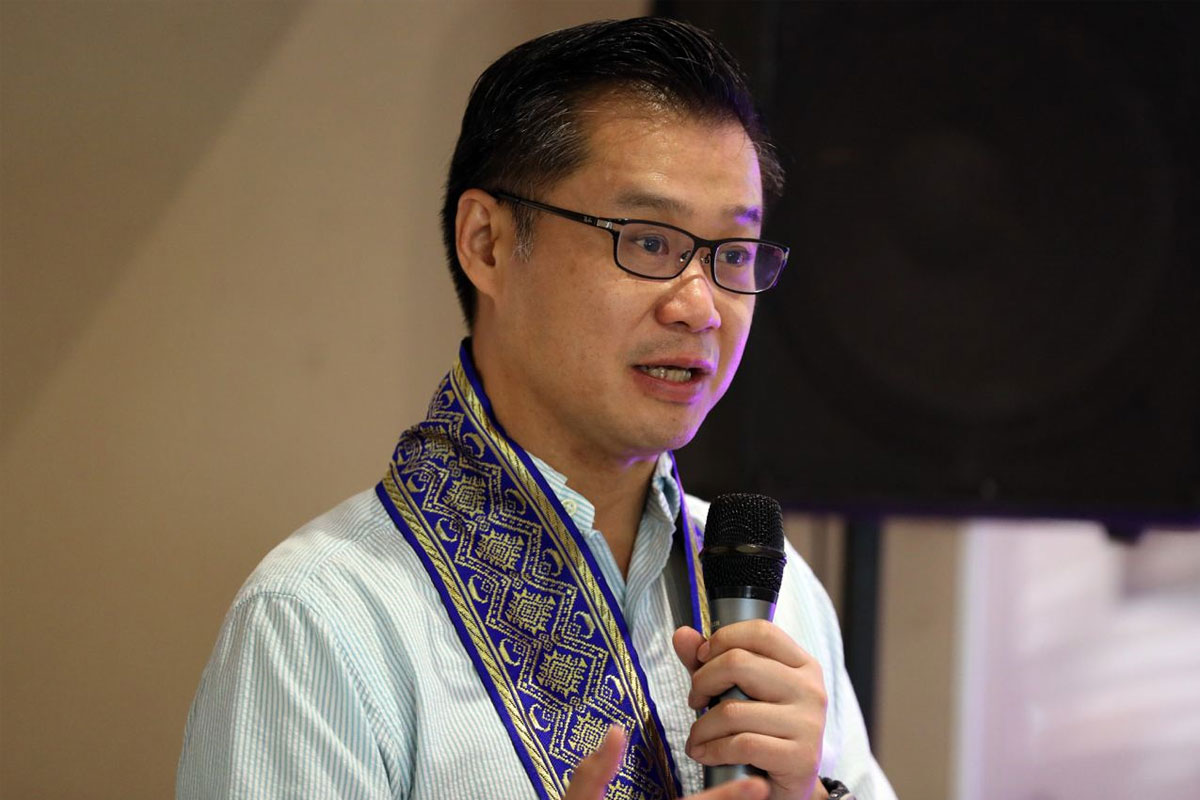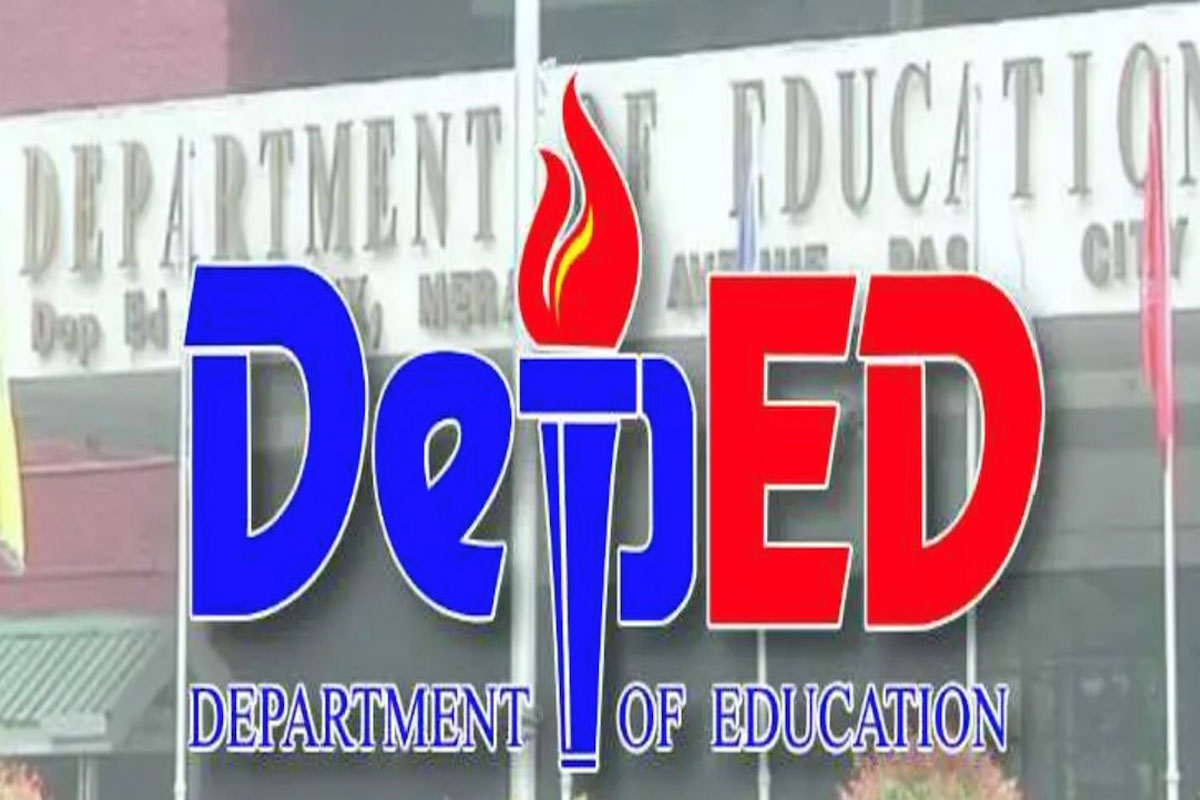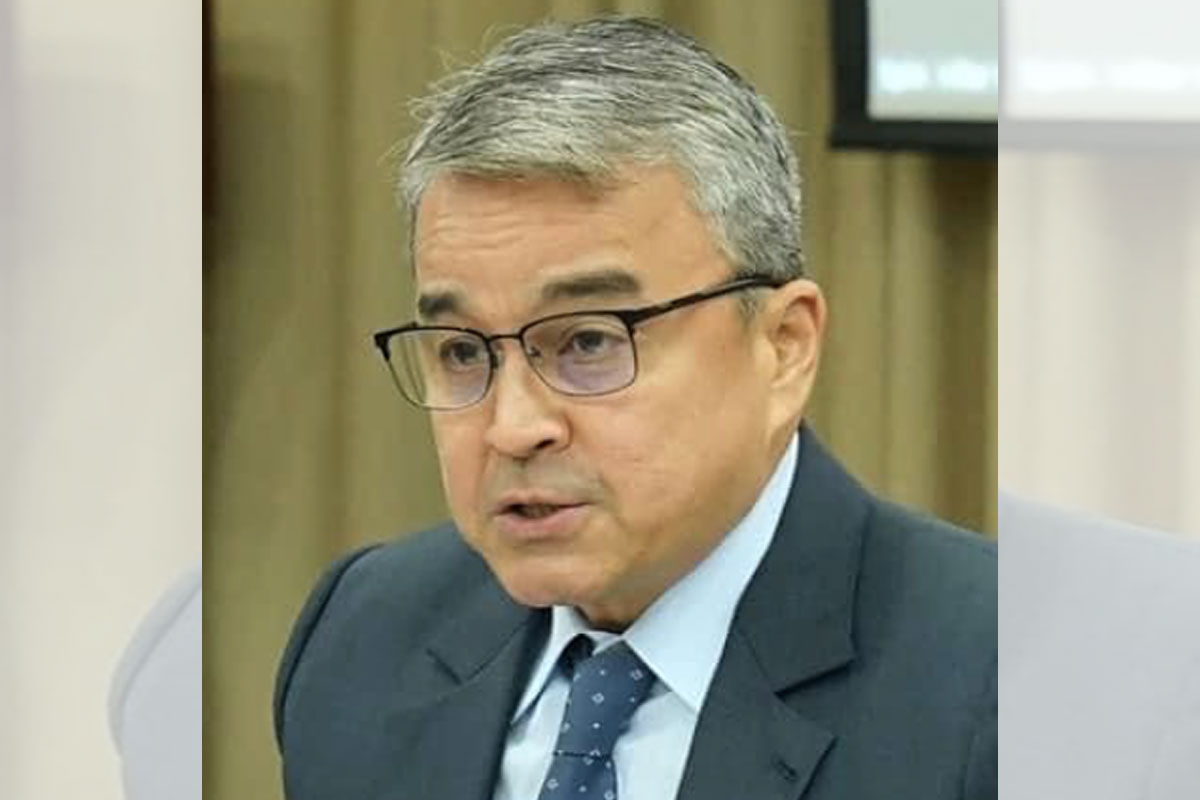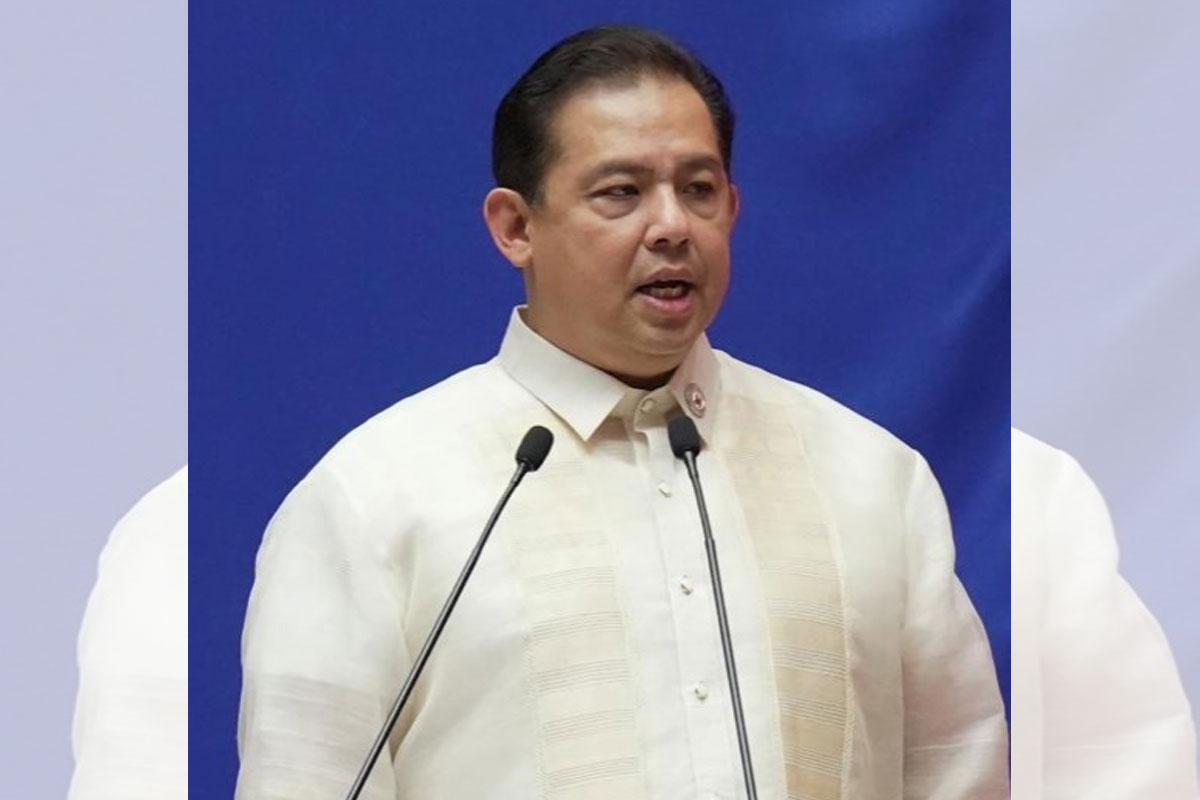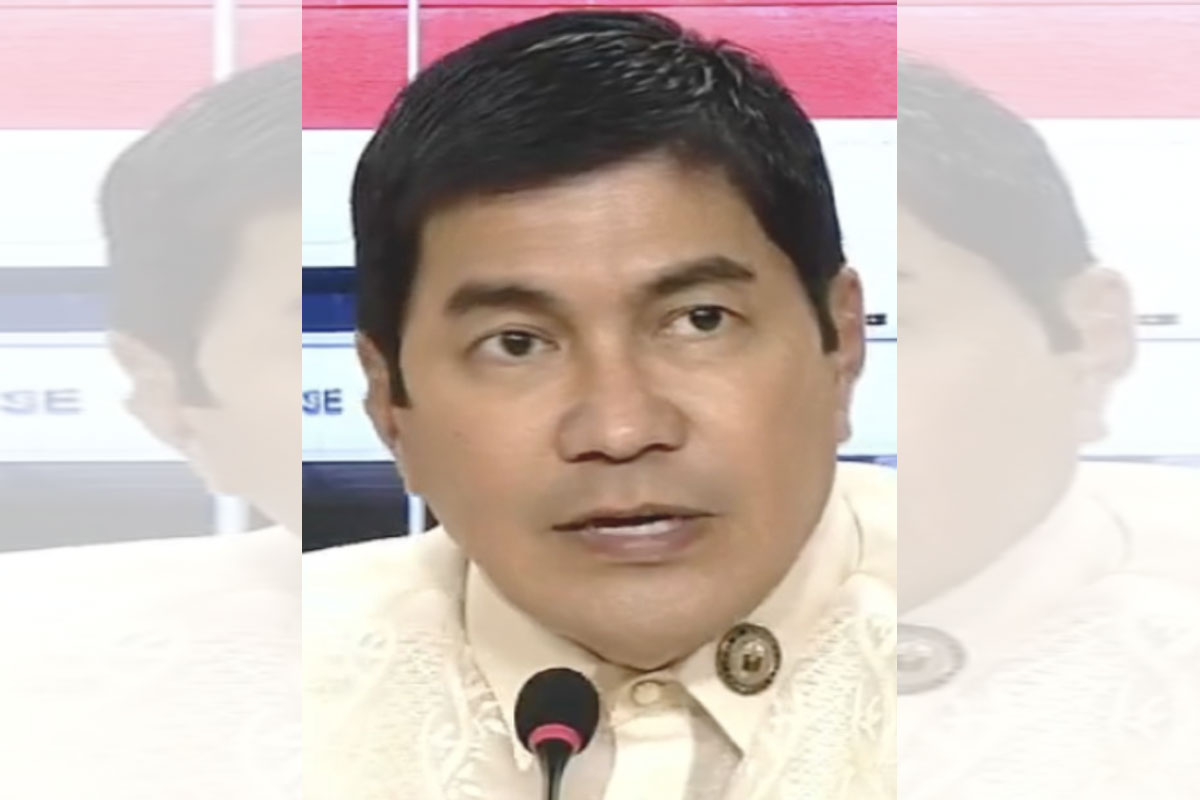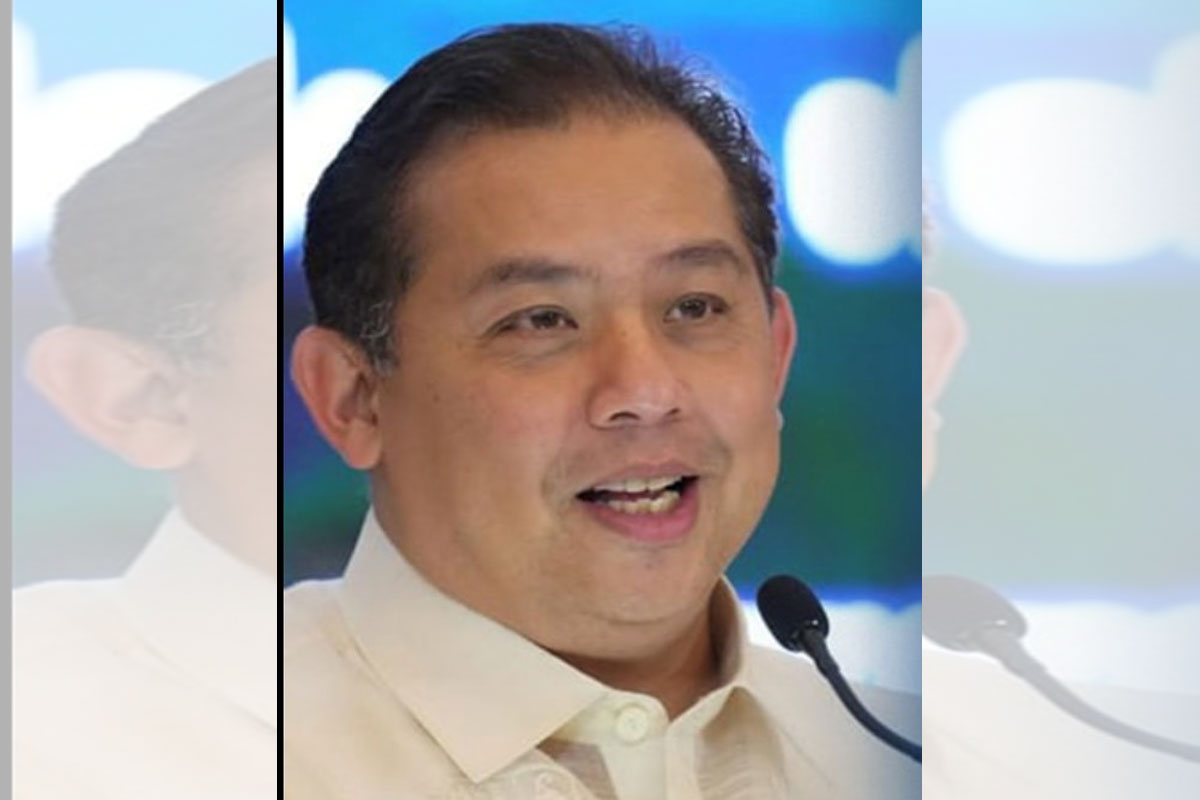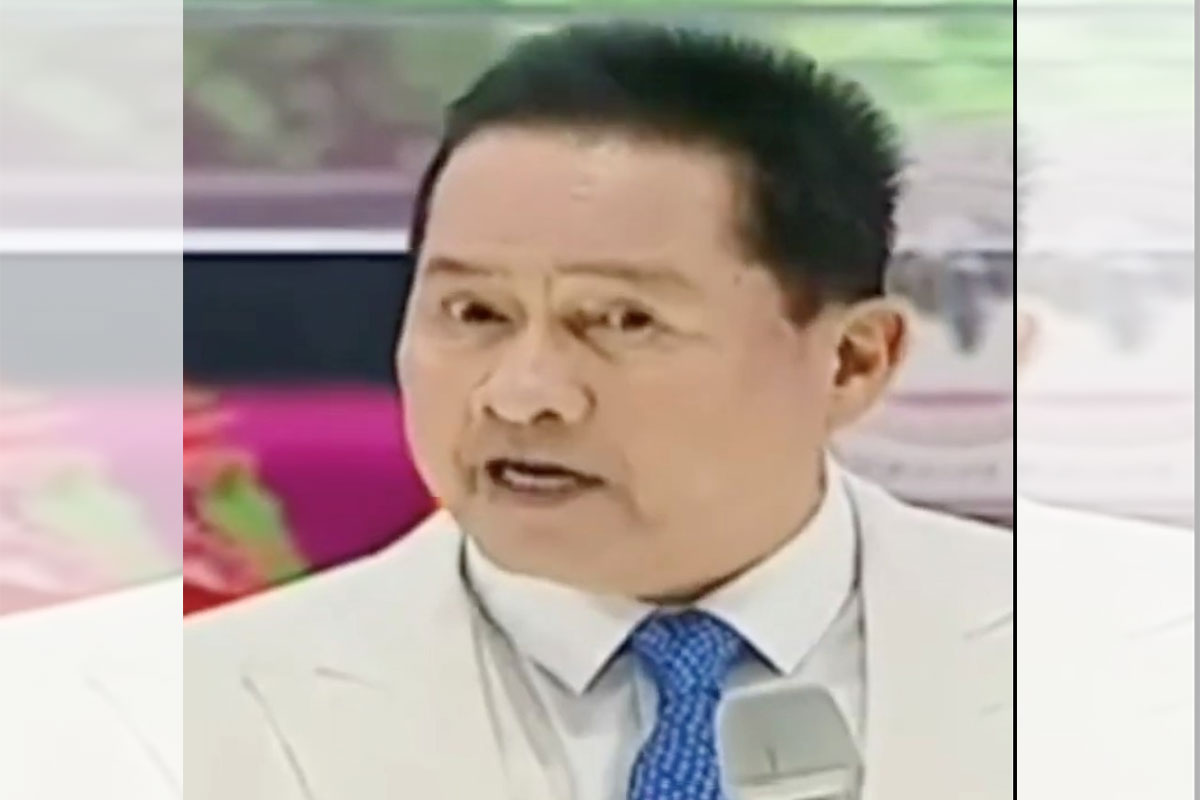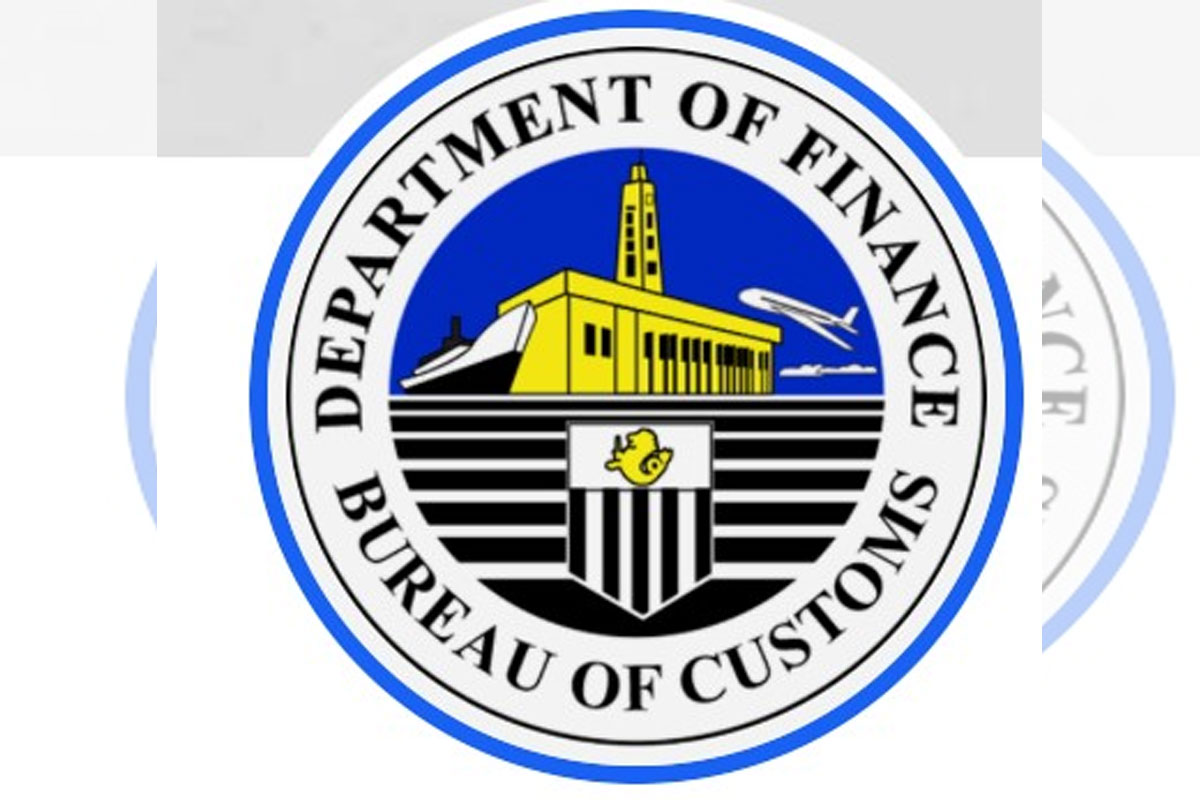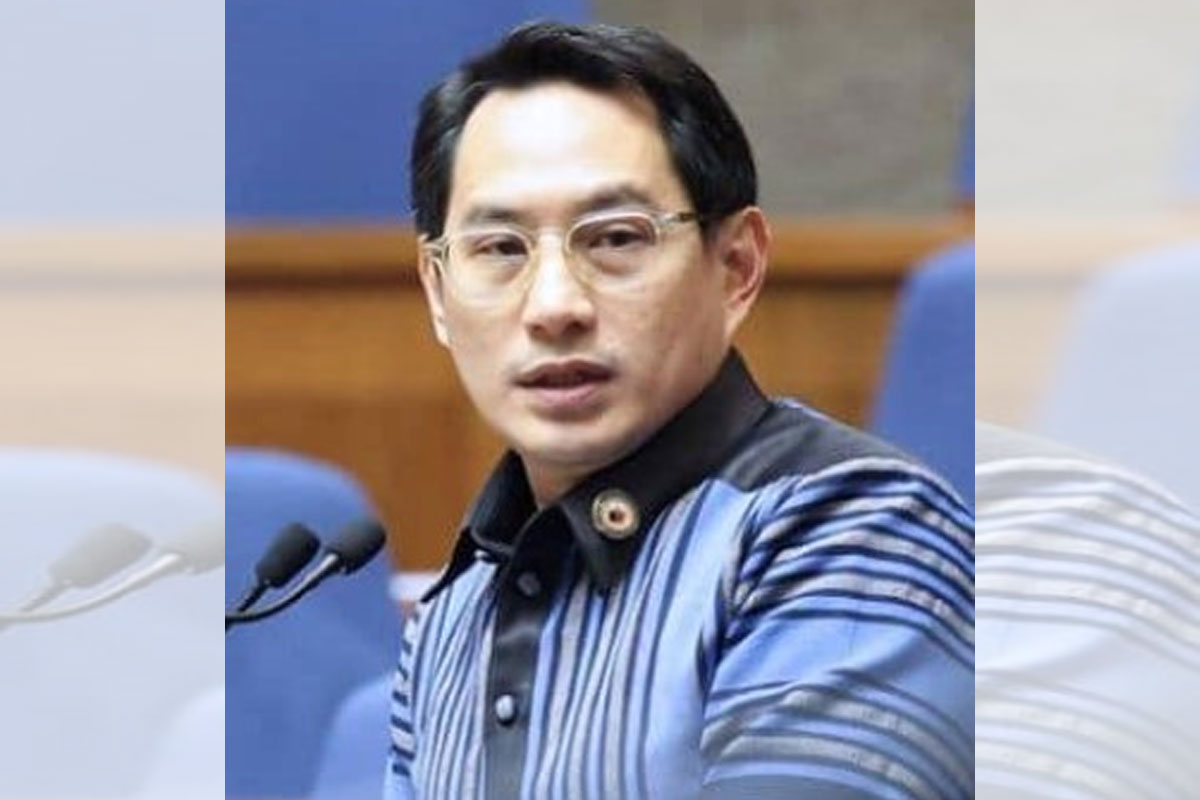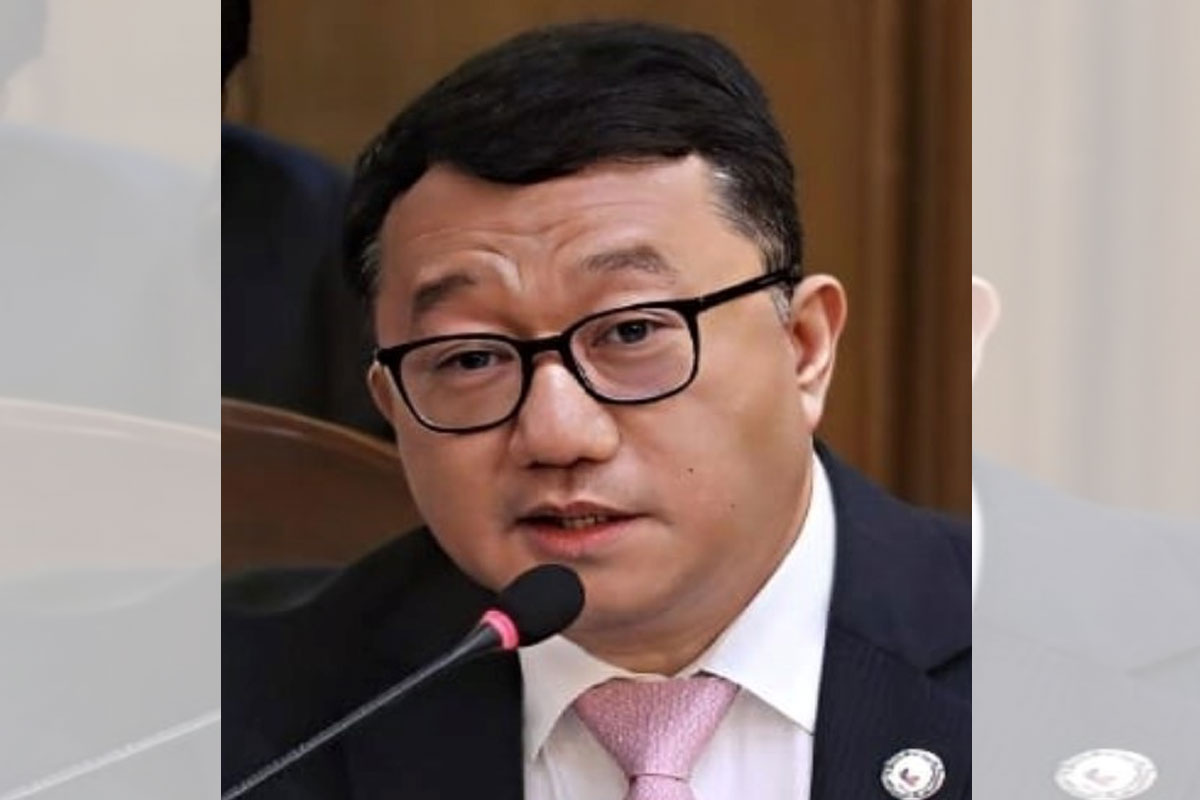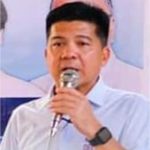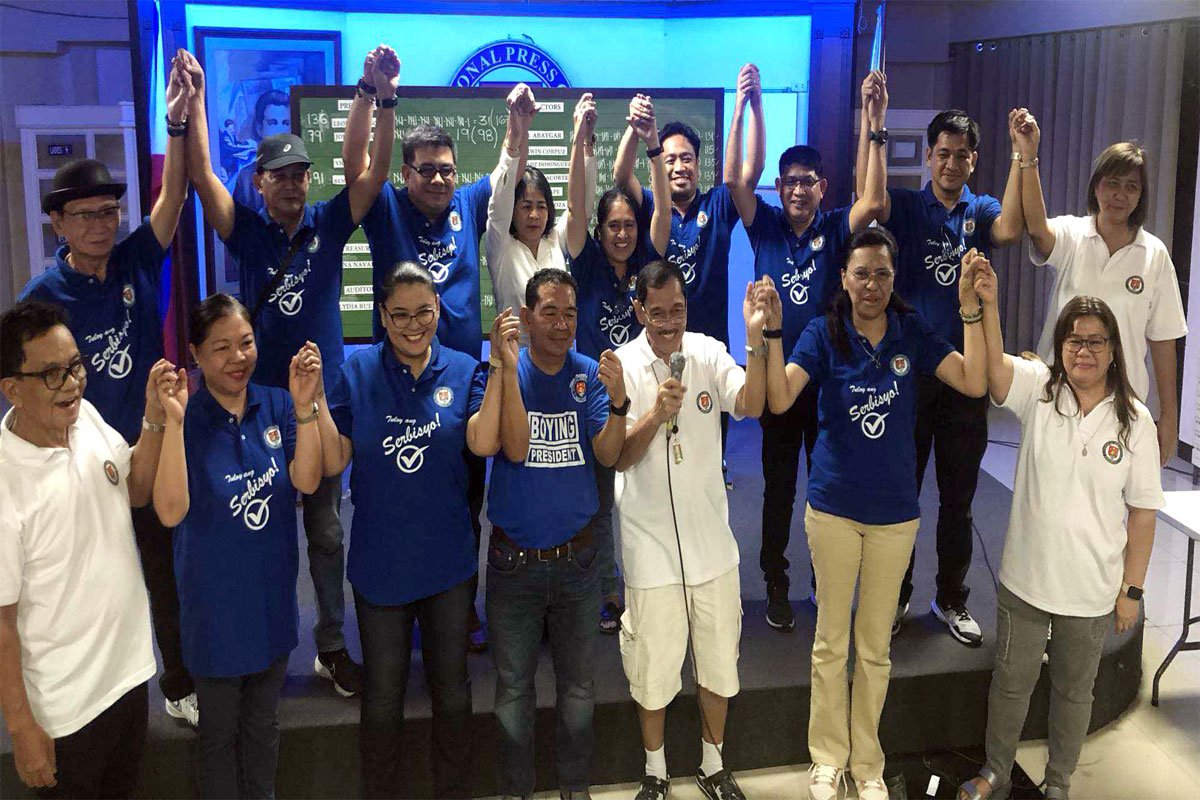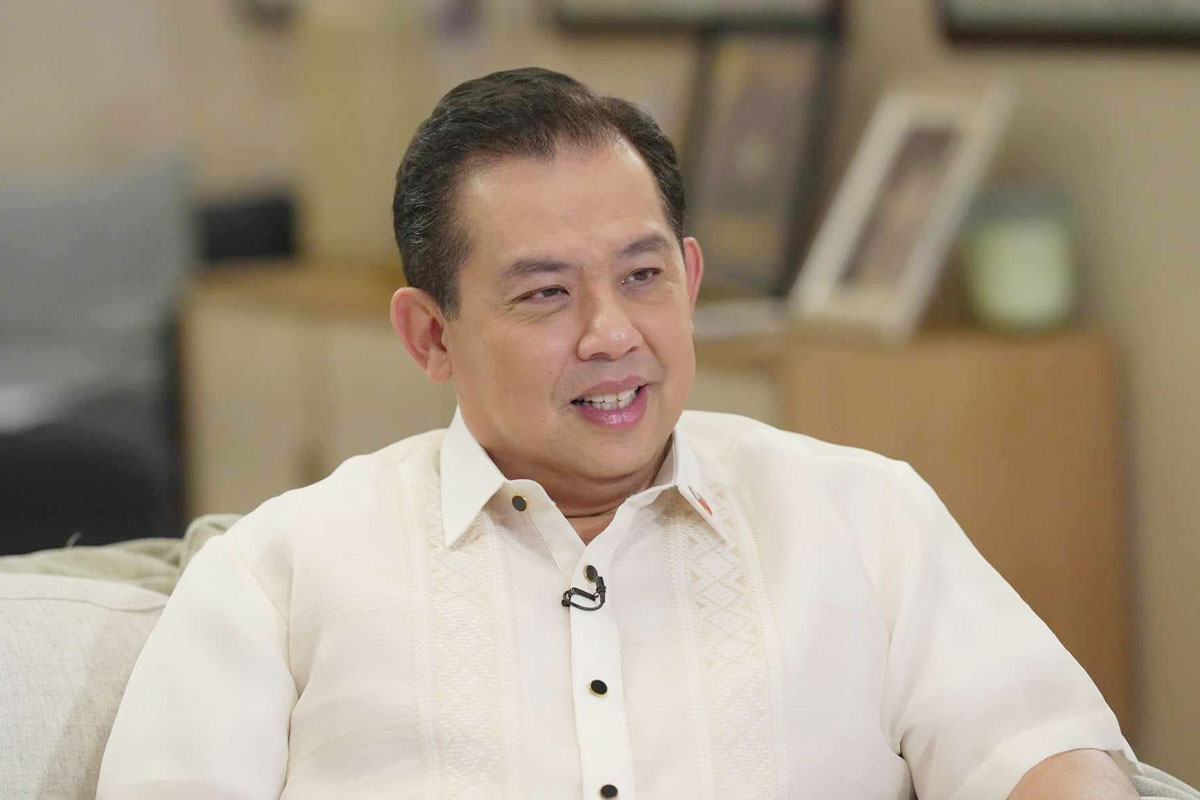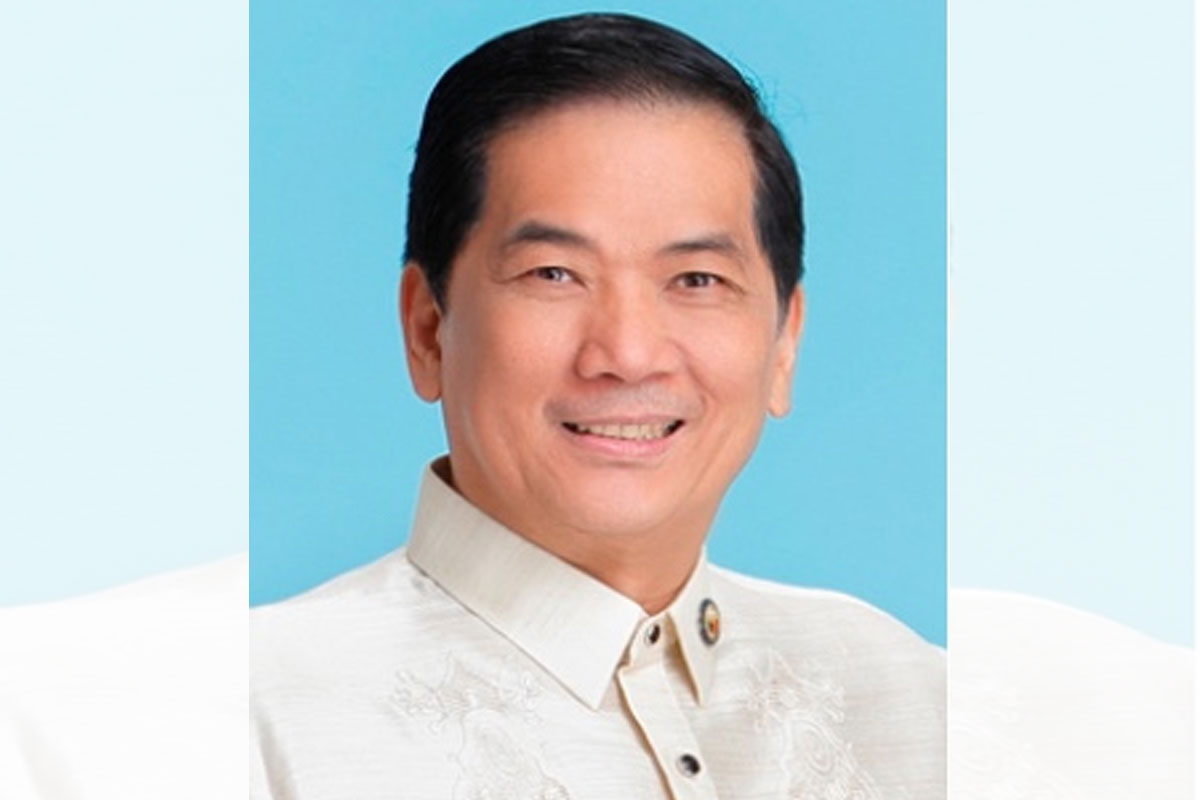
Lopez vows to address raps on abusive traffic enforcers
HOUSE committee on Metro Manila development and Manila Rep. Manny Lopez has vowed to address complaints on abusive and corrupt practices by traffic enforcers in Metro Manila and in the North and South Luzon Expressways.
During Thursday’s hearing by the panel, Lopez pointed out that “the traffic situation in Metro Manila seems to have already returned to pre-pandemic times, which, as we all know, is quite difficult to bear”.
With the already worsening traffic conditions, Lopez was more upset as this is “even made worse by reports of corruption and abuses committed by traffic enforcers”.
Lopez continued that, “while true that there are abusive motorists as well, this does not excuse any abusive acts in the enforcement of traffic laws, more so acts involving corruption.”
As the panel listened to resource persons and representatives from the Department of Transportation (DoTR), Land Transportation Office (LTO), Metro Manila Development Authority (MMDA), Land Transportation and Franchising Regulatory Board (LTFRB), expressway and mall operators, it observed that such abuses and corrupt practices maybe linked to the current process on the deputation of traffic enforcers.
As it is now, there is no single or centralized deputation process, as each traffic enforcement agency, such as the LTO, MMDA, and local government units, has its own methodology, practice, and process to select their respective deputized traffic enforcers.
At the conclusion of the hearing, it became clear to the panel that there is a need to revisit our laws on traffic, enact stricter measures, and institutionalize traffic management practices, including the deputation of traffic enforcers, to curb this perennial problem on traffic abuses and corruption.
Lopez mentioned that the panel he chairs, together with the House committee on transportation, has already approved and will now pass on to the plenary a nationwide bill to institutionalize the “No Contact Traffic Apprehension Policy”, which, if finally enacted into law, will serve as a starting point against erring traffic enforcers.
Lopez, however, stressed that, “As we study these legislative measures, I would like to take this opportunity to remind our traffic enforcers that they are, first and foremost, public servants. Service should be dispensed with courtesy and not with arrogance.”


